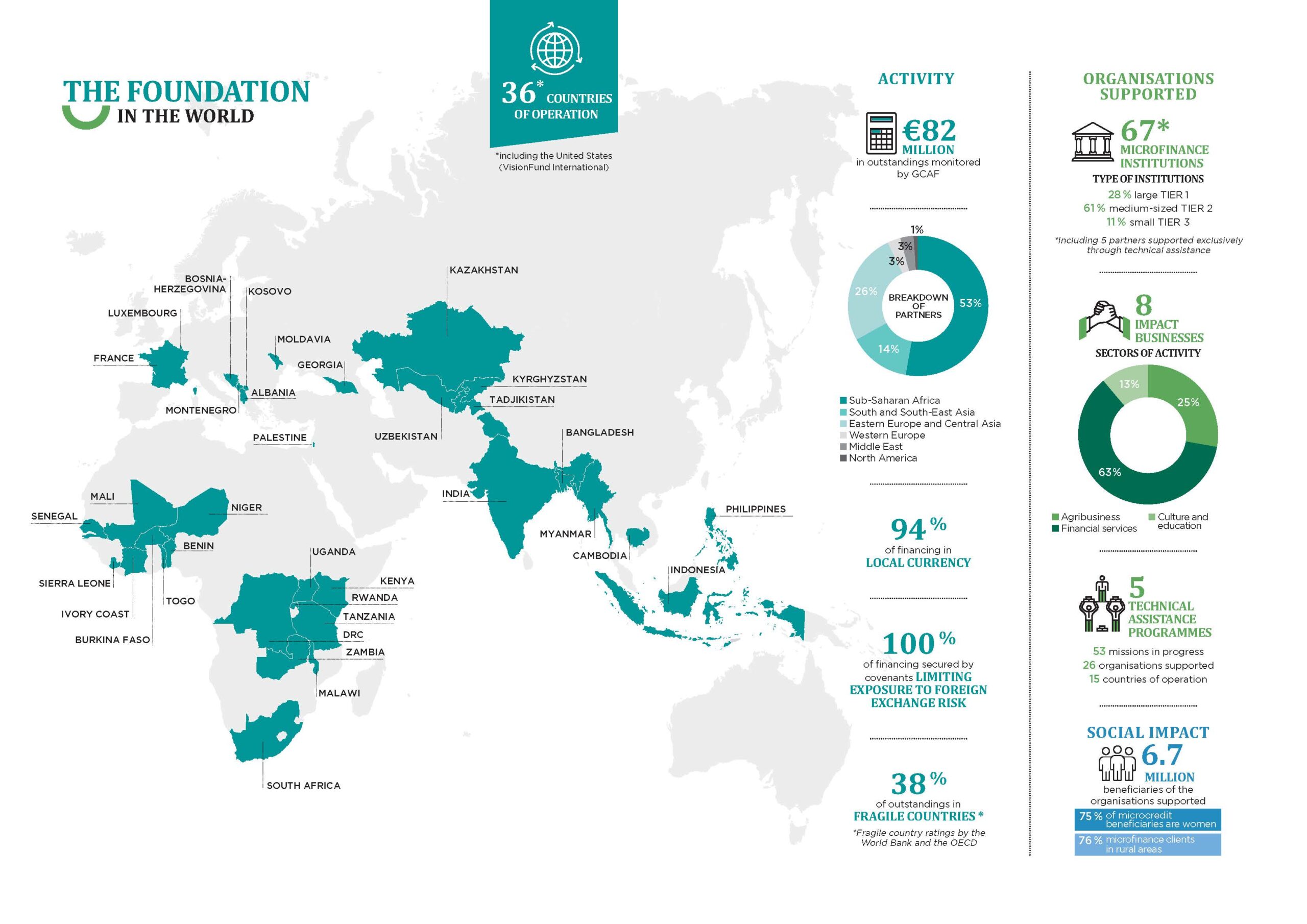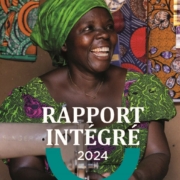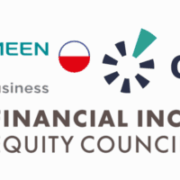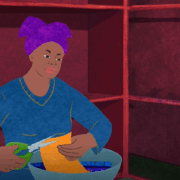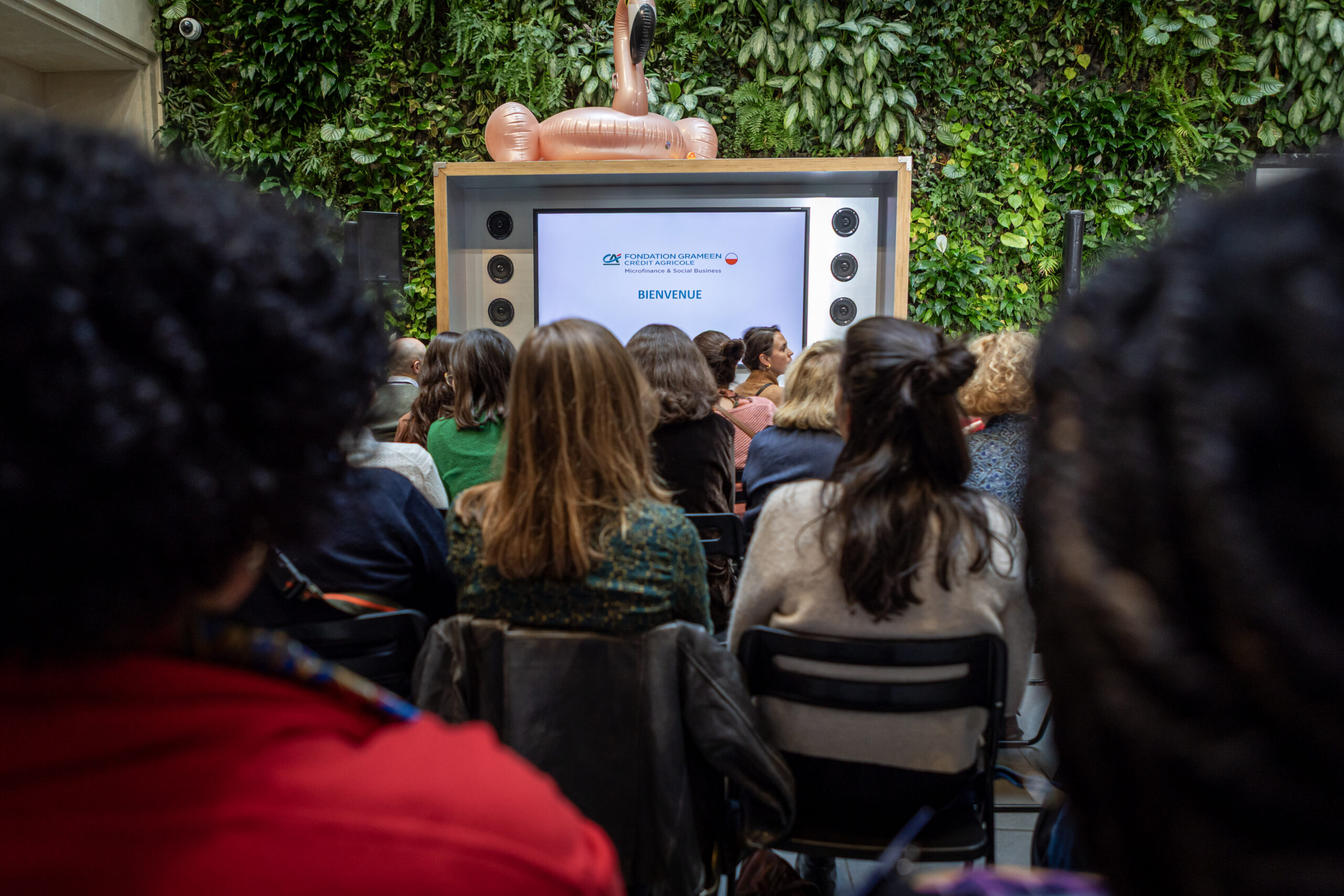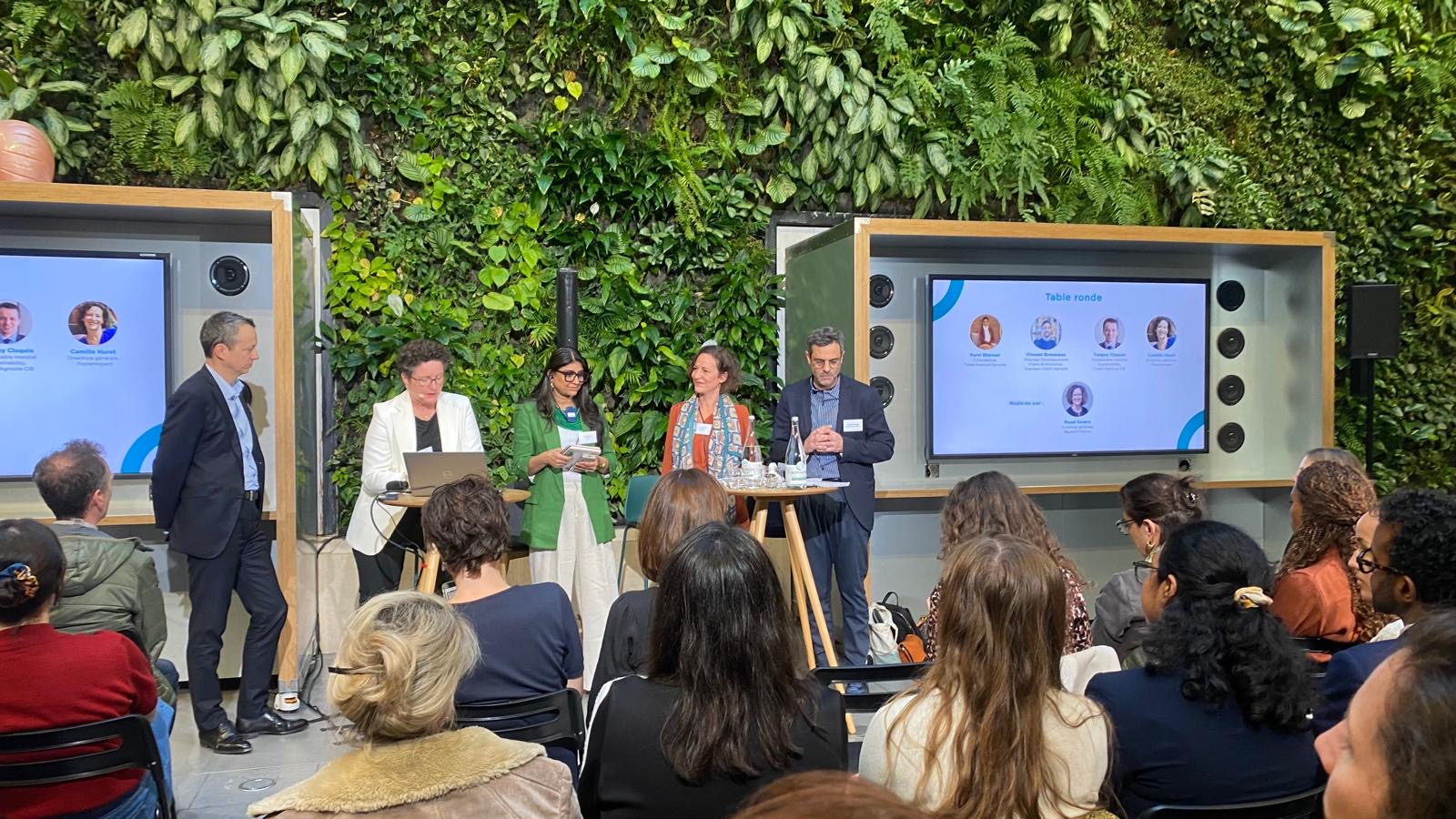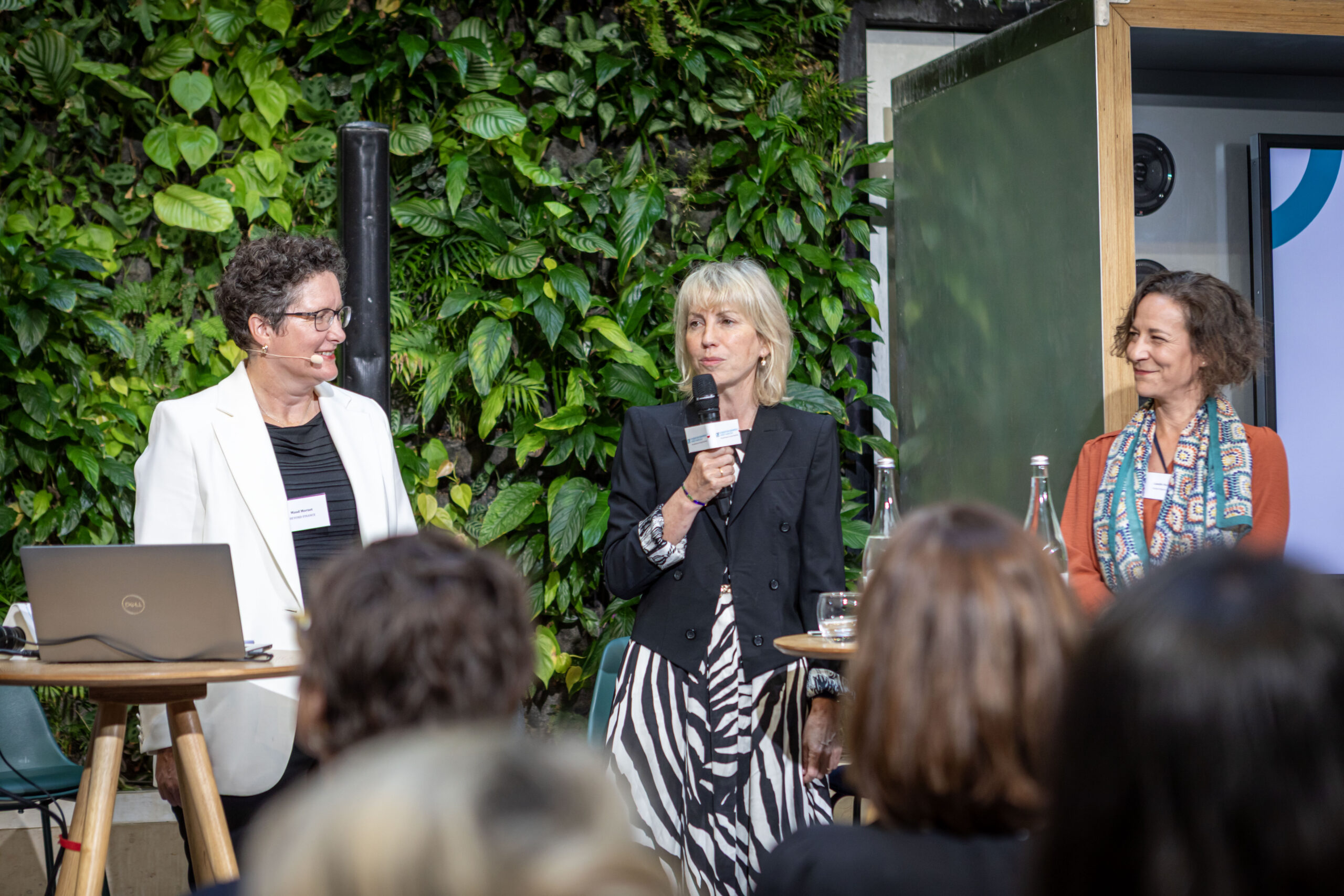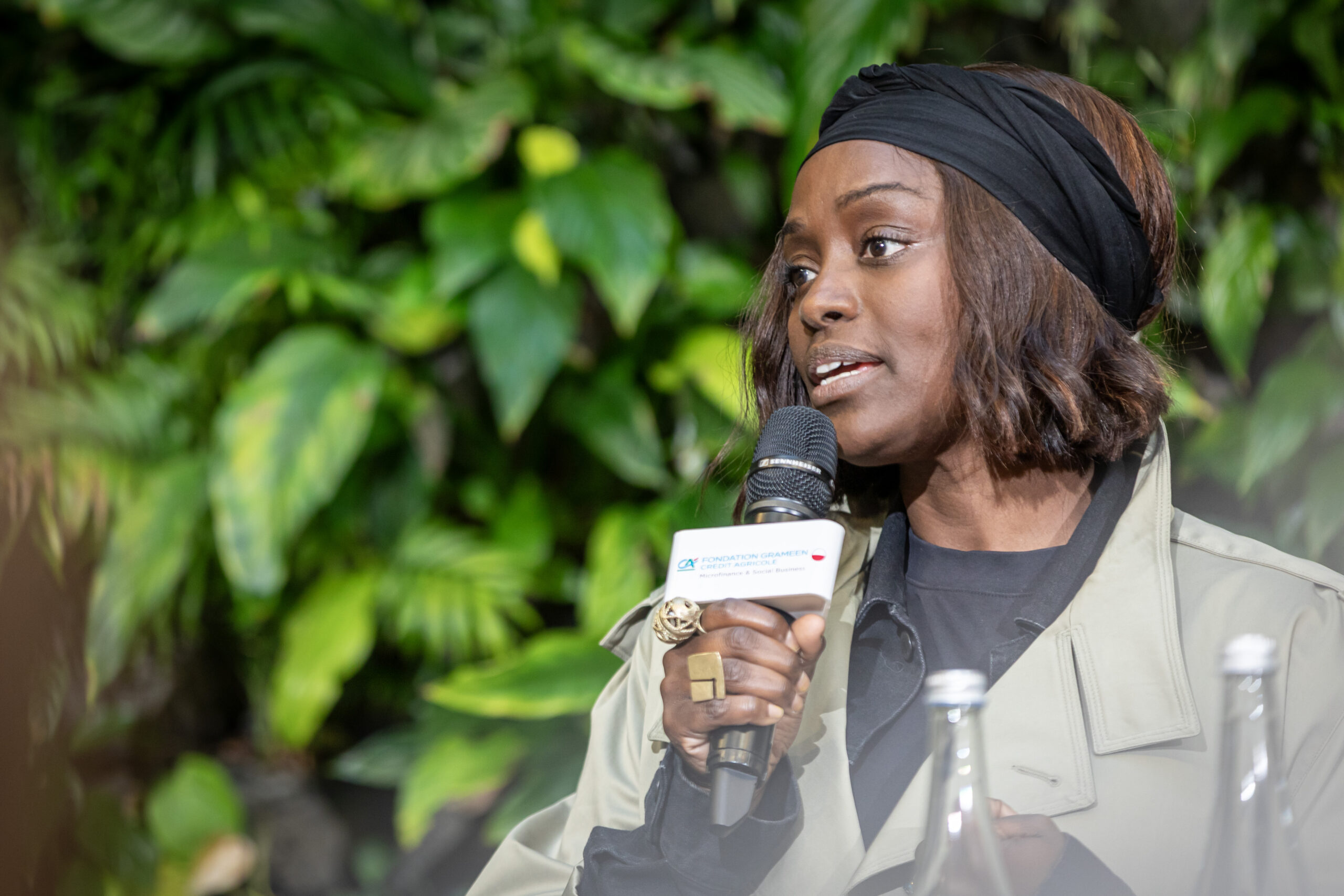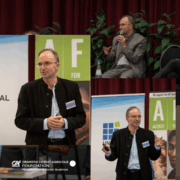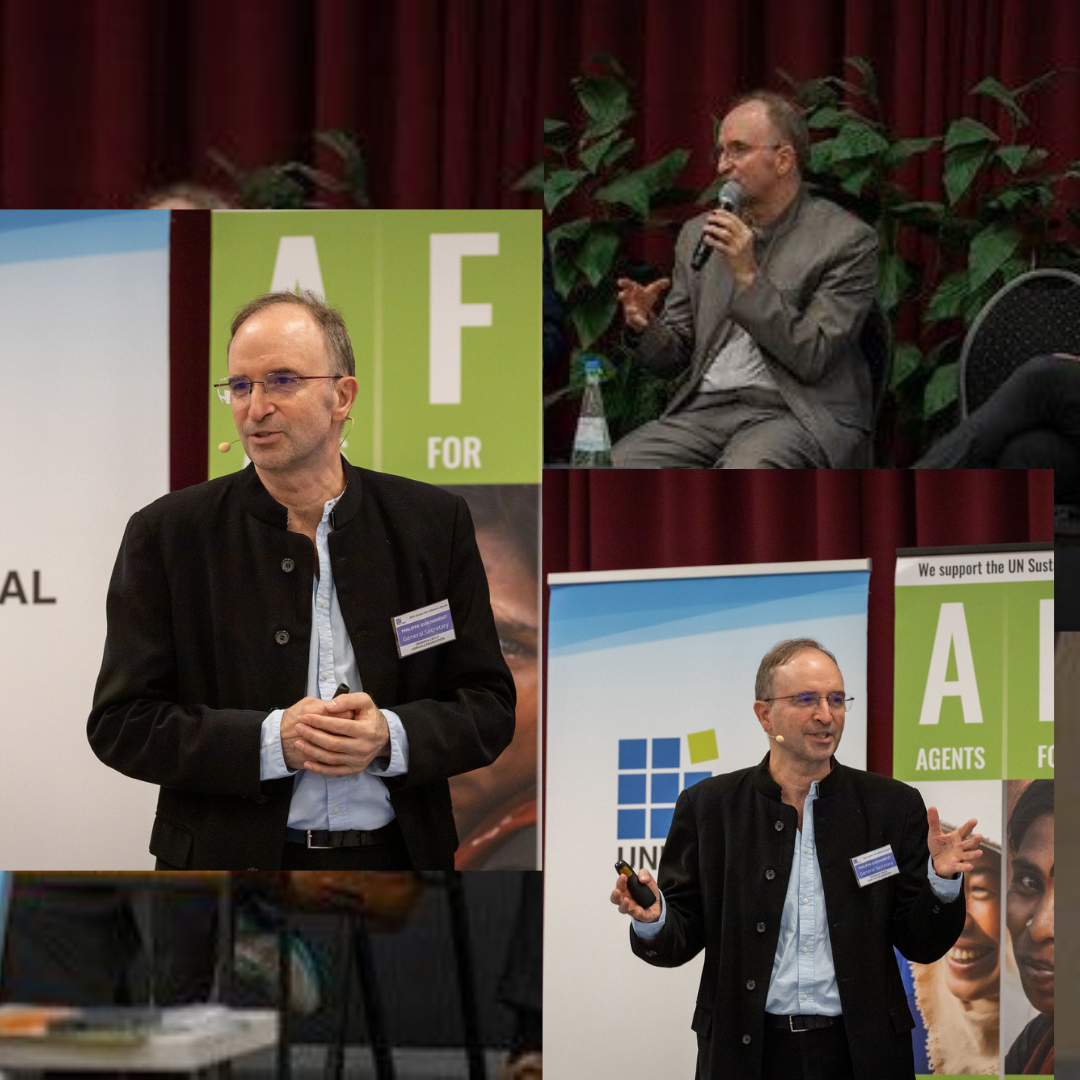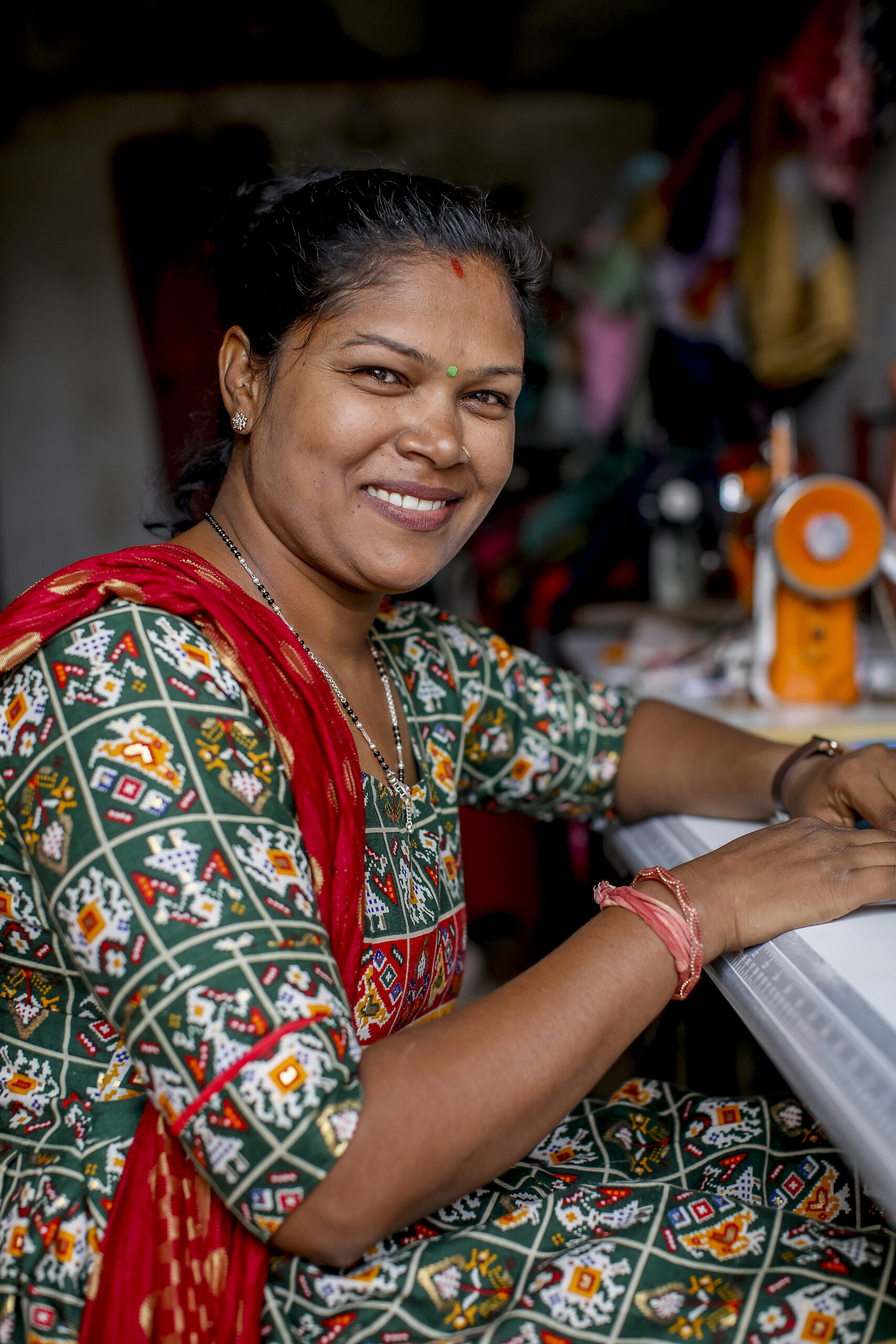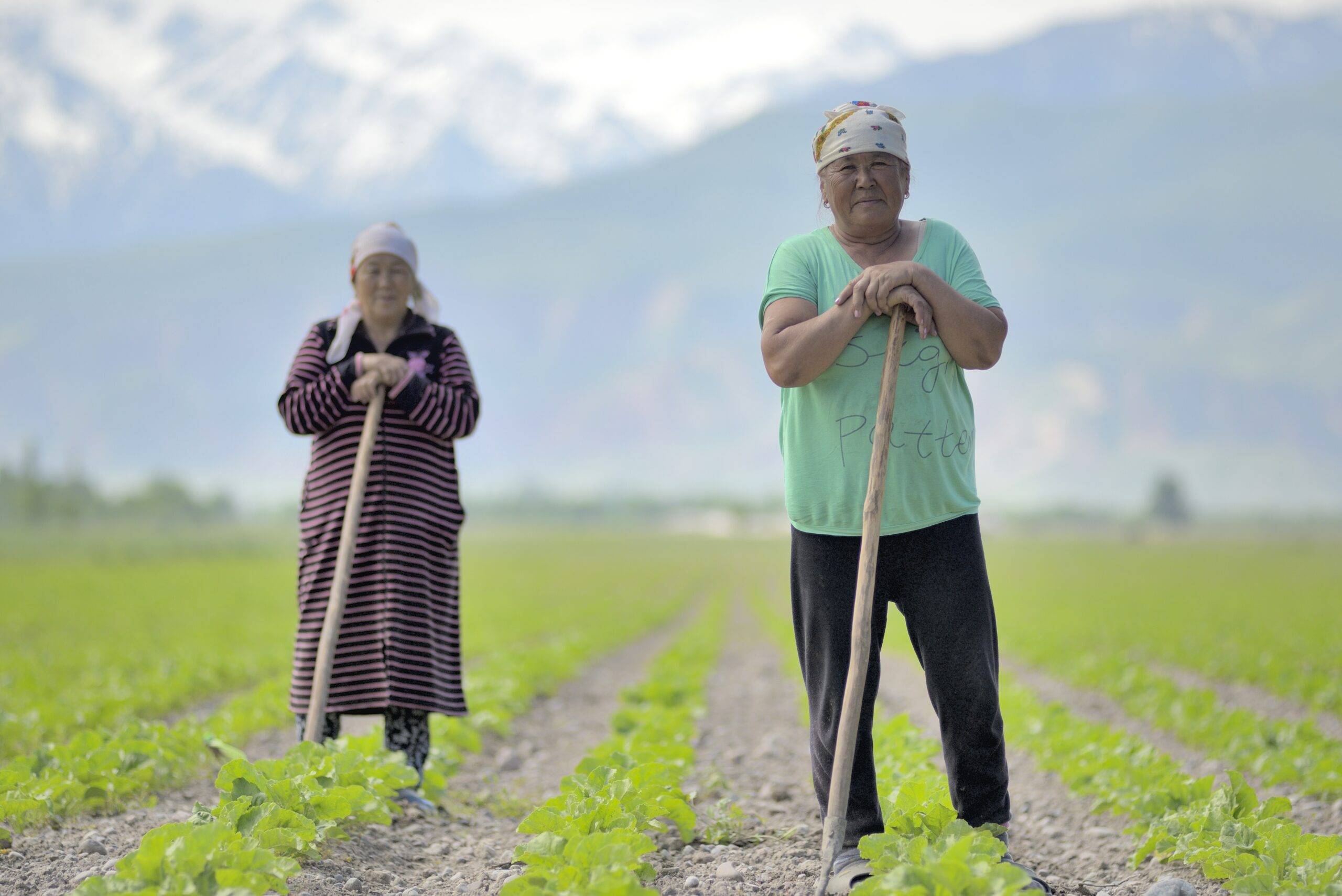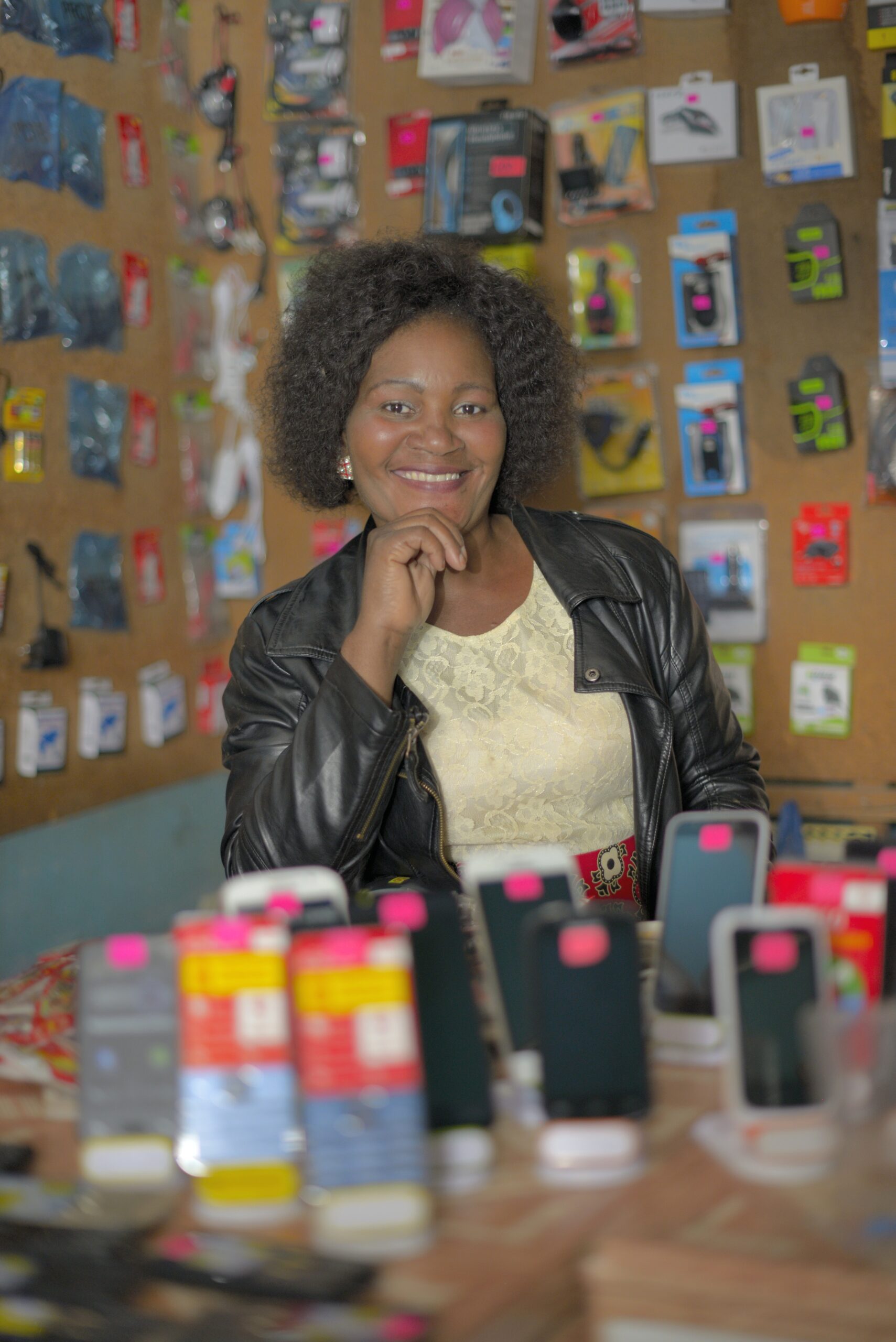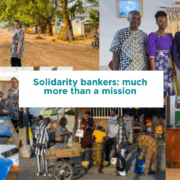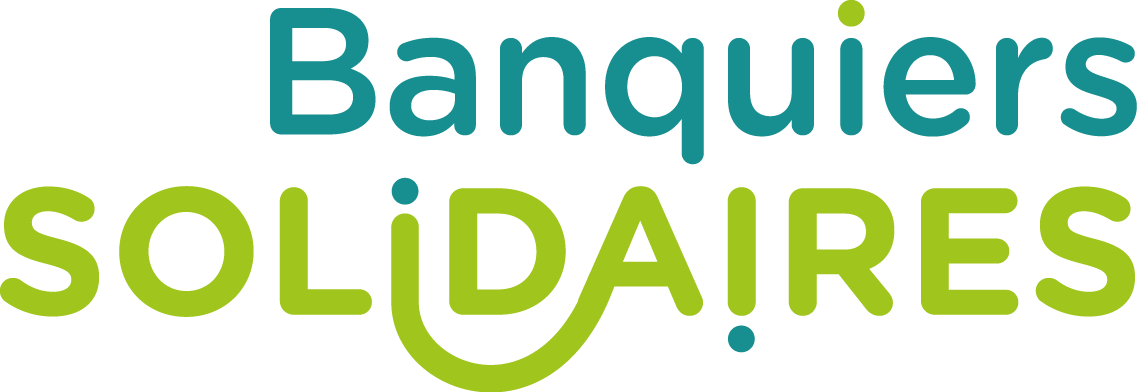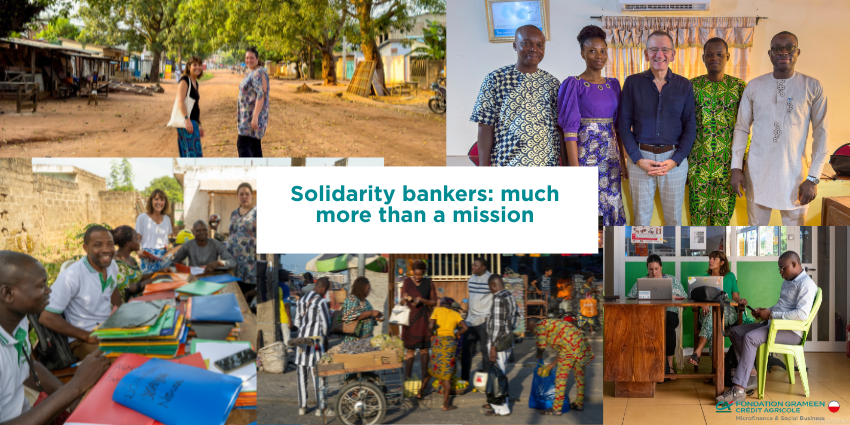
English version below ⬇
Version française ci-dessous ⬇
Versión espanola a continuacion ⬇
How has the reduction in international aid impacted your work? Share your experiences, challenges, or adaptations
This survey is initiated by Grameen Crédit Agricole in partnership with CERISE+SPTF and the Financial Inclusion Equity Council (FIEC), two networks who gather many field practitioners among their members.
It aims at assessing the impact on the financial inclusion sector of the downsizing and redefinition of international assistance following the USA and other countries’ aid contribution shrinkage to development programs worldwide.
Even though inclusive finance is essentially based on self-sustainability, Financial Services Providers (FSPs) and many of their clients may rely directly or indirectly on aid-supported programs in the areas of economic stability, access to essential services in health, education, infrastructure and energy.
The survey will take 5 to 10 minutes of your time. You can answer it until August 18th. We will share the results with you by October 2025. Thank you to contribute!
International assistance[1] has been reduced since 2024 (source: OECD, June 2025) and even more dramatically following the USAID abrupt shutdown (from programs worth 120 bn USD in Jan 2025 down to 69 bn USD in May 2025 (source: NY Times, June 2025). “There is not a single area of development and humanitarian assistance USAID has not been involved in,” said Oxfam America’s President and CEO Abby Maxman. Following this path, many countries are reducing their budget dedicated to foreign aid.
[1] International assistance is understood as aid, support, or resources provided by one country, international organization, or non-governmental entity to another country or population in need. often coordinated through multilateral organizations like the United Nations, the World Bank, or regional bodies, as well as through bilateral agreements between countries.
—————————————————————-
Comment la réduction de l’aide internationale impacte-t-elle votre travail ? Partagez vos expériences, vos défis et vos adaptations.
Cette enquête est entreprise par Grameen Crédit Agricole en partenariat avec CERISE+SPTF et le Financial Inclusion Equity Council (FIEC), deux réseaux qui rassemblent de nombreux acteurs de terrain parmi leurs membres.
Elle vise à évaluer l’impact sur le secteur de l’inclusion financière de la réduction et de la redéfinition de l’aide internationale suite à la diminution de la contribution des États-Unis et d’autres pays aux programmes de développement dans le monde.
Même si la finance inclusive est essentiellement basée sur l’autosuffisance, il se peut que les fournisseurs de services financiers (FSPs) et une grande partie de leurs clients et bénéficiaires dépendent directement ou indirectement de programmes soutenus par l’aide dans les domaines de la stabilité économique, de l’accès aux services essentiels en matière de santé, d’éducation, d’infrastructure et d’énergie.
L’enquête prendra 5 à 10 minutes de votre temps. Vous pouvez y répondre jusqu’au 18 août. Nous partagerons les résultats d’ici octobre 2025. Merci pour votre contribution !
L’aide internationale [1] a été réduite depuis 2024 (source : OECD, Juin 2025) et encore plus drastiquement suite à l’arrêt brutal de l’USAID (passant de programmes d’une valeur de 120 milliards de dollars en janvier 2025 à 69 milliards de dollars en mai 2025 (source : NY Times, Juin 2025). « Il n’y a pas un seul domaine de l’aide au développement et humanitaire dans lequel l’USAID n’a pas été impliquée », a déclaré Abby Maxman, Présidente et PDG d’Oxfam America. Dans cette lignée, de nombreux pays réduisent leur budget consacré à l’aide étrangère.
[1] L’aide internationale est définie comme l’aide, le soutien ou les ressources fournies par un pays, une organisation internationale ou une entité non gouvernementale à un autre pays ou à une population dans le besoin. Elle est souvent coordonnée par des organisations multilatérales comme les Nations Unies, la Banque mondiale ou des organismes régionaux, ainsi que par des accords bilatéraux entre pays.
—————————————————————-
¿Cómo ha impactado la reducción de la ayuda internacional en su trabajo? Comparta sus experiencias, desafíos o adaptaciones.
Esta encuesta es iniciada por Grameen Crédit Agricole en asociación con CERISE+SPTF y el Financial Inclusion Equity Council (FIEC), dos redes que reúnen a muchos profesionales de campo entre sus miembros.
Su objetivo es evaluar el impacto en el sector de la inclusión financiera de la reducción y redefinición de la asistencia internacional, tras la disminución de la contribución de EE.UU. y otros países a los programas de desarrollo en todo el mundo.
Aunque las finanzas inclusivas se basan esencialmente en la autosostenibilidad, los proveedores de servicios financieros (PSF) y muchos de sus clientes y beneficiarios pueden depender directamente o indirectamente de programas apoyados por la ayuda en las áreas de estabilidad económica o del acceso a servicios esenciales de acceso a la salud, a la educación, a infraestructuras y a energía.
La encuesta tomará de 5 a 10 minutos de su tiempo. Ud. puede responder hasta el 18 de agosto. Los resultados de la encuesta se compartirán con usted en octubre 2025. ¡Gracias por su contribución!
La asistencia internacional [1] se ha reducido desde 2024 (fuente: OCDE, Junio de 2025) y aún más drásticamente tras el cierre abrupto de USAID (de programas por valor de 120 mil millones de USD en enero de 2025 a 69 mil millones de USD en mayo de 2025 (fuente: NY Times, Junio de 2025). « No hay una sola área de asistencia para el desarrollo y humanitaria en la que USAID no haya estado involucrada », dijo Abby Maxman, Presidenta y CEO de Oxfam America. Siguiendo esta tendencia, muchos países están reduciendo su presupuesto dedicado a la ayuda exterior.
[1] La asistencia internacional se entiende como la ayuda, el apoyo o los recursos proporcionados por un país, una organización internacional o una entidad no gubernamental a otro país o población necesitada, a menudo coordinada a través de organizaciones multilaterales como las Naciones Unidas, el Banco Mundial u organismos regionales, así como mediante acuerdos bilaterales entre países.
